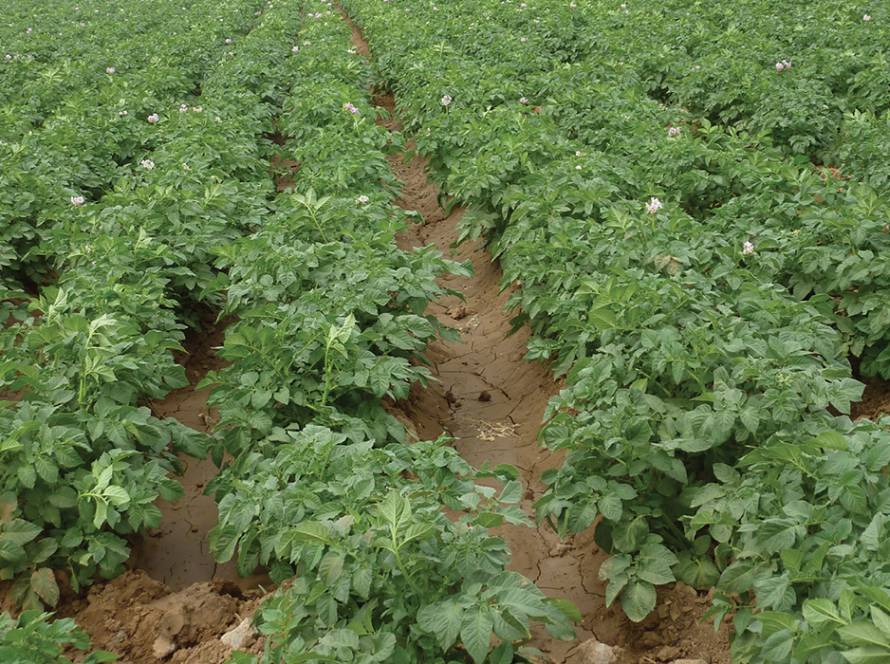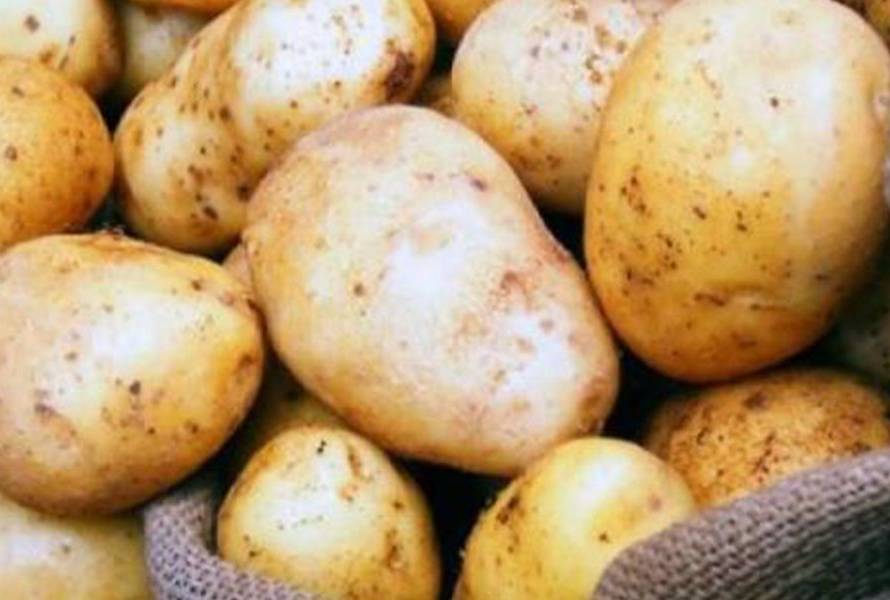Boron (symbol: B) is a vital micronutrient for plants, often overlooked despite its significant role.
Boron can be thought of as the “marriage officiant” for plants. This analogy highlights its crucial function in pollination. If you notice good flowering and vegetative growth but the plants fail to set fruit, it might be due to insufficient boron. Recent climate changes have also affected fruit set, making boron availability crucial to resolving this issue.
Boron is responsible for the synthesis of sugars in plants by producing a substance known as sugar crystals. This means it plays a significant role in determining the sugar content in fruits. Without sufficient boron, fruits can taste bland and unappealing.
Boron also helps maintain a balance between calcium and potassium in plants. When boron is adequately supplied, you can expect larger fruits due to potassium balance and stronger fruits due to calcium balance.
Key Roles of Boron:
- Fruit Structure: Boron contributes to the internal structure of fruits, ensuring they are meaty and heavy, leading to higher yields.
- Prevention of Hollow Heart: It helps prevent the hollow heart condition in fruits, which makes them feel soft and empty, making them susceptible to rotting.
- Calcium Transport: Boron aids in transporting calcium into the fruits, showcasing its importance despite being a minor element.
Boron is also integral to the formation of plant hormones. However, it’s essential to use boron in the right amounts, as excess can lead to toxicity.
Symptoms of Boron Deficiency:
- Symptoms first appear in the growing tips of the plant rather than the larger leaves.
- Distortion of leaves and stems.
- Fruit rot due to hollow heart.
- Light-colored leaves in buds.
- Stem breakage.
Boron in the Market:
Borax is not recommended for general use due to its high toxicity. Only specialists should handle it, as improper usage can cause significant issues. It’s best to avoid using it altogether for fertilization.
Recommended Boron Applications:
I personally prefer foliar applications. There are various products available, such as:
- Calcium Boron: Prevents blossom end rot and enhances fruit set.
- Molybdenum Boron: Increases flowering and improves pollination.
- Potassium-Magnesium-Calcium: Addresses black stem disease in grapes.
Boron in Potato Cultivation:
When using boron alone for potatoes, be cautious, as excessive boron can increase sugar content, which is undesirable for processing potatoes. For processing potatoes, potassium citrate is a better option.
Conclusion:
Boron may be classified as a micronutrient, but its importance is immense. It plays a crucial role in plant health and productivity.
Source: Smart Land Company



